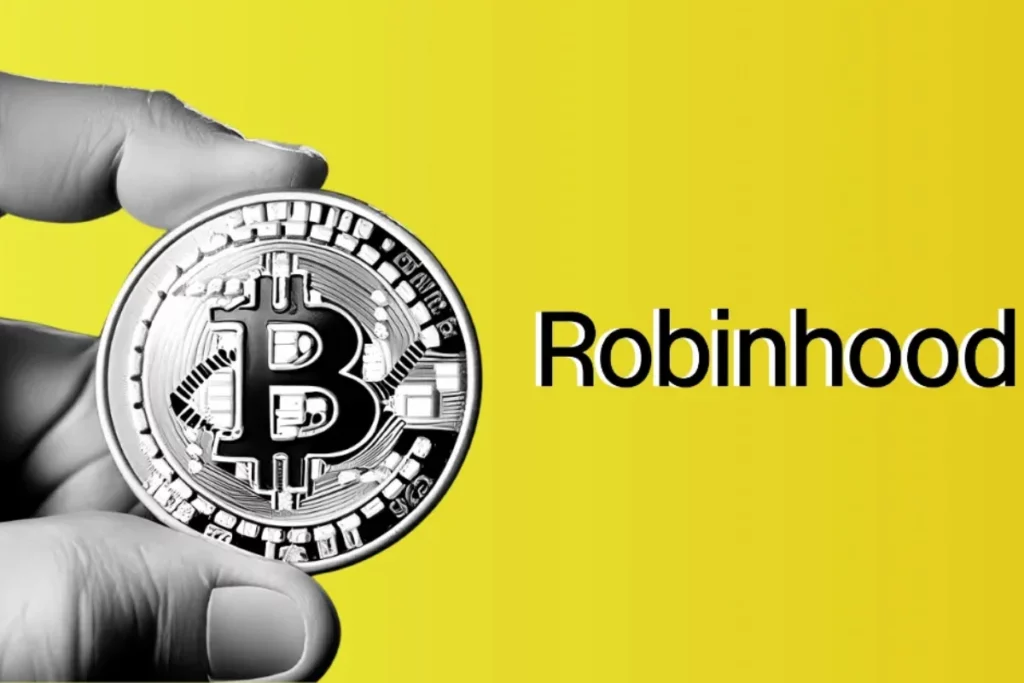The inclusion of Bitcoin, Dogecoin, and Ethereum trading marks a significant milestone for Robinhood, driven by the requests of its user community. Robinhood Markets Inc.’s self-hosted Web3 wallet recently revealed its support for Bitcoin and Dogecoin in a blog post published on Wednesday. Furthermore, users of Robinhood Wallet can now execute Ethereum network transactions directly within the app. Initially, this service was accessible to a limited group of users for more than 200 tokens and is set to become available to all users in the near future.
Importantly, users can perform swaps without needing to hold any ETH, as network fees will be automatically deducted from their token holdings. This approach is aimed at simplifying the onboarding process for DeFi (decentralized finance) newcomers.
According to Johann Kerbrat, general manager of Robinhood Crypto, “With Robinhood Wallet, we stripped away many of the complexities of DeFi and the broader Web3 ecosystem and reduced some of the challenges and barriers to entry for everyday people.”
“We’ve been really encouraged by the adoption so far and are excited to keep building for our customers around the world as we ship new features and expand support for new networks and tokens.”
Read More: Argo Blockchain Financial Performance in the First Half of 2023
Robinhood, the popular trading app, continues to expand its cryptocurrency offerings with the introduction of Bitcoin, Dogecoin, and Ethereum swapping capabilities on its wallet service. This move, in response to user demands, marks a significant step in Robinhood’s crypto journey.
Initially launched in September 2022, Robinhood’s wallet service started with support for the Polygon blockchain, subsequently adding Ethereum, Arbitrum, and Optimism layer-2 networks.
The wallet, which has attracted hundreds of thousands of users from around 140 countries, also introduced a Web3 browser feature, enabling direct access to decentralized apps.
Robinhood Connect, another recent addition, allows eligible users in the United States to purchase or transfer crypto directly through the wallet.
The platform has expanded its rewards program as well, introducing “learning rewards” that let users earn USDC by completing short educational lessons.
While the crypto market experienced a slowdown, Robinhood reported a substantial trading volume of $69.2 billion in July. However, this figure represents a 38% decline compared to the previous year.
Monthly Active Users (MAU) showed a modest recovery in July, with a 200,000 increase from June but still reflecting a 17% decline compared to the same period in the previous year.
Additionally, Robinhood announced plans to bring its wallet service to Android users later in the year, with a waitlist available for those eager to access the service. These developments reflect Robinhood’s commitment to expanding its crypto offerings and catering to the evolving demands of its user base.


